#Paolo Virzì
Text

Ferie d'agosto
26 notes
·
View notes
Text
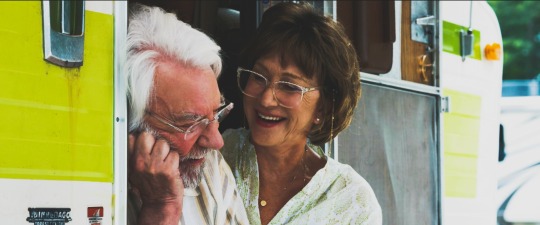
The Leisure Seeker directed by Paolo Virzì
6 notes
·
View notes
Text


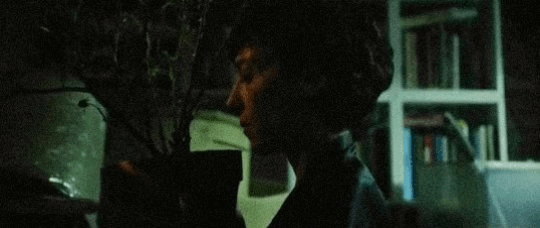




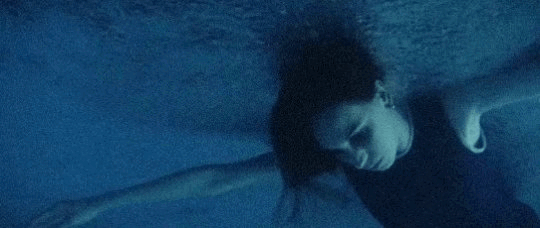
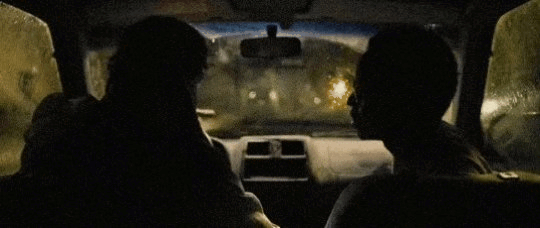
Siccità | Paolo Virzì
#non IO che devo lavorare su uno schifo di AVI 720p ma davvero nessuno l'ha torrentato??? piantini#affilautra ammerda GRANA AL MASSIMO pianti e photoshop che crasha#vabbè si fa quel che si può#non mi metterò a taggare tutti gli attori sono stanco#siccità#Paolo Virzì#italian tag#italian post#italian movie#italianedit#bene andiamo a vedere i papis da misterfazio ora
13 notes
·
View notes
Text
Siccità (2022) Paolo Virzì
5 notes
·
View notes
Text
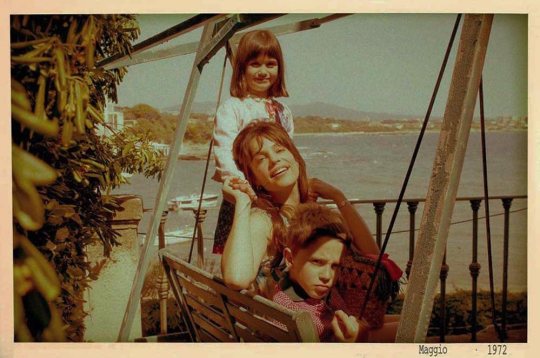
8 notes
·
View notes
Text
"hai mai provato con un bel bagno al mare?"
youtube
La prima cosa bella, 2012
0 notes
Photo
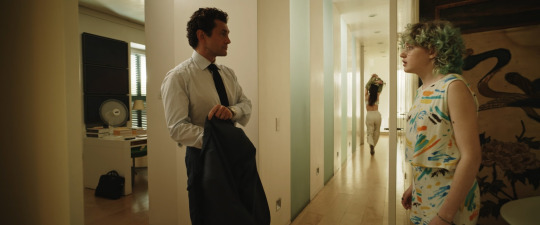
Siccità
0 notes
Text
Pressbook del film Siccità
Siccità è un film di genere commedia del 2022, diretto da Paolo Virzì, con Silvio Orlando e Valerio Mastandrea. Uscita al cinema il 29 settembre 2022. Durata 124 minuti. Distribuito da Vision Distribution.
Siccità è un film di genere commedia del 2022, diretto da Paolo Virzì, con Silvio Orlando e Valerio Mastandrea. Uscita al cinema il 29 settembre 2022. Durata 124 minuti. Distribuito da Vision Distribution
siccitaDownload

View On WordPress
0 notes
Text
What if I wanted to go to the movie theatre but I didn't want to go alone for once
1 note
·
View note
Text
[ENG] PARDO - Interview with Luca Marinelli

“Luca Marinelli is a true phenomenon!” This is how Paolo Virzì, who directed him in Tutti i santi giorni in 2012, defined the actor a few years ago. He was absolutely right. Throwing himself body and soul into each of his roles, Luca Marinelli does not limit himself to playing a part, but manages to transform himself completely, creating intense, charismatic, unique characters. From the young introverted mathematician in La solitudine dei numeri primi (2010) by Saverio Costanzo, to Roberta in L’ultimo terrestre (2011) by Gipi; from the criminal in Non essere cattivo (2015) by Claudio Caligari to the cult character of the Zingaro in Lo chiamavano Jeeg Robot (2015) by Gabriele Mainetti; from the proletarian intellectual in Martin Eden (2019) by Pietro Marcello, to the King of Terror in Diabolik (2021) by Manetti Bros; from Nicky, the immortal warrior, in The Old Guard (2020) by Gina Prince-Bythewood, to Pietro, a fervent mountain enthusiast in Le otto montagne (2022) by Felix Van Groeningen and Charlotte Vandermeersch; Luca Marinelli has been able to give life, thanks to his prodigious versatility, to an extraordinary range of characters who all bear the unmistakable sign of his talent.
Maria Giovanna Vagenas: In your current career as an actor there are two important works coming out soon: the television series M. Son of the Century by Joe Wright and The Old Guard 2, by Victoria Mahoney. While waiting to be able to see them, I would like to start by addressing a perhaps less well-known but equally essential side of your work: your debut as a theater director in 2023 with Kafka's Una relazione per un’accademia, for the Festival dei Due Mondi of Spoleto. How did this project, on which you collaborated with the German actor Fabian Jung, come about?
Luca Marinelli: The first idea for this project dates back to ten years ago when I saw Fabian at his graduation performance at the Ernst Busch Academy of Dramatic Art in Berlin. I found it extraordinary, and on that occasion I had already told him: "In my opinion you should recite this text!" Then there was a ten year gap. Towards the end of the pandemic, I proposed to him that we work together on Una relazione per un’accademia. At the beginning we had to be both on stage a bit, later I understood that it would have been more sensible to mount this piece with just one actor and I asked him if he would like to be directed by me.
MGV: What was your approach as a director?
LM: At the beginning of this project I was more of a kind of acting coach - Fabian acts in Italian, even though he doesn't speak it - then I began to understand what it meant to be a director, to take responsibility for everything the public will come to see, to make many decisions and to take care of an entire team. In this context, the exchange of ideas with Fabiana Piccioli, who deals with the light design of the show, was essential: the theatrical piece is in fact a kind of dialogue between the actor and the light, the space and the audience. Being a theater director is also a question of trust. In the cinema the director is very present until the end of the production process, but in the theater you get up to a certain point and then that's it, because the real work, evening after evening, falls to the actors and technicians, that is, to those who are in the scene and around it. The director is no longer part of the performance, he’s almost the first spectator of his own work. It was a very beautiful experience for me, because being "outside", that is, not being on the scene but in front of it, is truly something completely different! In February-March 2025, we will take this show on tour around Italy.
MGV: Do you plan to continue along this path in the future? Is it an experience that has opened up new perspectives for you?
LM: It's a road I'd like to explore, that of theater. I would like to return to the stage as an actor-director, a bit like a master, let's say. I feel that theater is much more accessible to me, while I know very little about the technical side of cinema and for which I have great respect, so for now I don't feel like it.
MGV: You come from a family close to the world of entertainment. It seems that as a kid you watched a lot of movies with your grandmother. I would be curious to know how your desire to become an actor was born in this context.
LM: My father is first and foremost an actor who is also dedicated to dubbing and my grandmother, as you said - a great cinephile. I owe a lot to every member of my family, whether they work in the arts or not. However, I cannot tell you where this desire comes from, each of us has a drive within us, and is attracted by something. Indeed, I grew up watching many films and, thanks to my father, I happened to know this work in various forms. But when you are very young it is difficult to say: I want to do this! I felt very attracted by the world of theater and cinema, by the idea of expressing myself in a way that went beyond words, which approached images, sounds, the body. I wasn't fully aware of it from the beginning, but now I feel that it's exactly this: I love observing an interpreter's body, listening to their voice. I love seeing a group working together and I love teamwork. The profession of actor contained within itself a bit of everything that nourished my curiosity. This desire has been growing more and more. My family has always been very supportive and has never hindered me in anything. Rather, I was the one who hindered myself, until, at a certain moment, I gave myself permission to approach this profession and entered the Silvio D'Amico National Academy of Dramatic Art. They were three wonderful years during which I gave free rein to all my curiosity and desire for expression. The relationship with my class was fundamental and magical. From there, little by little, I moved forward. Almost immediately, cinema arrived with Saverio Costanzo who hired me for La solitudine dei numeri primi together with Alba Rohrwacher. I auditioned while I was still at the Academy and was acting in the final recital Dream of a Summer Night directed by Carlo Cecchi. I finished the Academy and immediately went on set for the first time.
MGV: You found Carlo Cecchi again as an actor on the set of Martin Eden (2019) by Pietro Marcello many years later.
LM: Of course, and it was wonderful to meet again! I consider Carlo my teacher, he is the first who truly made me understand the importance and urgency of this profession. 2012 was the last time I was on the boards of a stage and was with him. Carlo Cecchi had become very fond of us all and with this graduation essay he managed to take us on tour. Basically we did two theater seasons from 2010 until February 2012.
MGV: Are there other directors, among all those you have collaborated with, that you consider to be your teachers?
LM: I met some great directors during my journey, each had their own vision of art, so it's as if I had many different teachers along a single professional journey. I would practically name them all, but I would also name the actors I simply observed in films.
MGV: Between the actors who inspired and influenced you, who would you quote?
LM: For the sake of equality, I only mention the actors of the past. There are many who have struck me but I always evoke Anna Magnani, Silvana Mangano, Marlon Brando and Massimo Troisi. These are the first huge names that come to mind. When I 'met' them on the screen I immediately realized I was faced with something unique and great. I like to mention these four names also because they belong to a moment in my life in which I still didn't know what I would do, but I was drawn towards them.
MGV: Non essere cattivo (2015) was Claudio Caligari's last, poignant and wonderful film, released posthumously. What are your memories of him?
LM: Claudio Caligari was a gigantic meeting for me, from him I learned how important expression and communication, sharing and respect are. I understood how much this profession is life and how much life can be put into it. I witnessed enormous courage and a great knowledge of filmmaking. I also learned the dedication and immense respect that one must have for the public, for what is proposed, for how one interacts with those who come to see a film, without ever putting oneself on a pedestal but being all together. Caligari taught me to never judge myself, nor others, nor the stories one tells nor the characters one plays but that one must stay with them, inhabit them. These are the few things, fundamental for me, that come to mind. Beyond this, every single memory is a source of inspiration and guidance for me. And then the certainty that love and passion are the only things that really keep us here and now, alive.
MGV: In 2019 you played the complex character of Martin Eden in the film of the same name directed by Pietro Marcello, and you won the Volpi Cup at the Venice Film Festival. What did this role mean to you? And what was it like working with Pietro Marcello?
LM: The collaboration with Pietro arose from a secular prayer which has been fulfilled over the years. I was a great observer of his work and his art and finally being able to work together was a great gift, a true exchange based on trust. We all found ourselves in a moment of grace, in a state that allowed us to work with great concentration and dedication together. As for the role, I think Martin Eden is one of the most beautiful male characters of the last century, in one of the most powerful novels ever written. I owe a lot to this character, not only a very prestigious award, but also important artistic and personal growth.
MGV: You have played an extremely wide range of roles, spanning from one film genre to another. Beyond your exuberant talent and the extreme versatility of your performances, what is striking about your acting is the generosity with which you embrace each character, offering your all. How do you prepare your roles?
LM: It's like a kind of love at first sight; I fall in love with the story, with the character and from that moment on I begin to see everything in that direction. It is an almost routine behavior that I have never schematised. If someone were to ask me, "How do you approach a character?" I would answer that I have no idea, but every time I do it more or less in the same way. There is certainly a certain affinity with the director and an involvement in the script and the character. Little by little I'm starting to eat all the information I can find. I am often offered films to watch, and then I discuss them with the director. I love working with imagination and thinking about every element of the character. I like being with the costume designer, working on the costume and then creating the look of my character with makeup and hair. I'm very happy when I can have my say too. As I said before, I fall in love with the character and I begin to see everything in that light. My wife always tells me: "You've already started!" I don't notice but she does! "You've already started!" it means that everything has started to take on that colour, but I don't do it on purpose, I believe that there is a more intelligent, unconscious part inside me that organizes my work. It's a bit like this!
MGV: A few years ago Paolo Virzì, who directed you in Tutti i santi giorni, said of you: "Luca is a phenomenon, he's intelligent, witty, but at the same time he's crazy, he becomes what he's doing. All the great actors have a kind of lack, a defect, they know who they are and therefore they are enthusiastic about becoming the one who proposes to them!" What do you think?
LM: I agree with him, all this is said with deep love and therefore I accept everything he says about me. I love Paolo so much and I think he understood me more than I understood myself. In fact I think none of us really have a clear focus on who we are and what we can be. Of course this is an interview from a few years ago, perhaps now I know slightly more - but only slightly [laughs] - who I am because I am closing, so to speak, the first act of my life, given that this year I will be turning 40!
MGV: Being an actor is a collective profession. Over the course of your career, a very significant bond has been created between you and Alessandro Borghi, with whom you collaborated for the first time in Non essere cattivo and who you met again on the set of Le otto montagne of Felix Van Groeningen and Charlotte Vandermeersch, Jury Prize at Cannes. Could you tell me about your working relationship and your friendship?
LM: I'll start from the beginning of what you said; for me this isn’t a job we do by ourselves. This art doesn’t exist without the other. Even a monologue is not done alone but with the audience. Acting is always a way of expressing oneself and communicating. I adore, as I said before, teamwork, over the years I have happened to work with many wonderful colleagues who have become important friends and then there was this magnificent meeting with Alessandro during Non essere cattivo, a film that carries within itself something sacred due to how it was approached, and due to the strength of the great Claudio Caligari who created it. The two of us found ourselves actors in this extraordinary work which united us so much, creating a deep bond between us which at that moment was needed, let's say, for the film but which the film then gave us for life. Since then this friendship has continued and gone forward, without interruption. After Non essere cattivo for six years we were no longer able to work together, then suddenly another wonderful film arrived, full of love: Le otto montagne and thanks to two fantastic directors, Felix and Charlotte, we managed to make this friendship coincide again on the screen too. Alessandro and I are good together. At work, to put it in a football metaphor, for me it's like I always know where the other guy is so I can make a cross almost with my eyes closed because I know he gets the ball, stops it and shoots it towards goal! We have great chemistry and on set, we don't need to worry too much. I hope we can work together again soon. I happened to see an interview where we said that we promised ourselves not to wait another seven years to do it, but now it's been almost three years already so we have to hurry!
MGV: For a few years now you have also started an important international career by participating in important productions such as The Old Guard by Gina Prince-Bythewood with Charlize Theron which was a huge success on Netflix, the series Trust (2018) by Danny Boyle, written by Simon Beaufoy and starring, among others, Donald Sutherland, and a production for German television: Die Pfeiler der Macht (A Dangerous Fortune, 2016), by Christian Schwochow. How did you experience dealing with all these new production realities?
LM: In every latitude there is a slightly different type of approach but essentially the work is always the same. The thing that always excites me is that, ultimately, we all find ourselves in the common language of acting, of art. I was lucky enough to work with some wonderful international casts, not only every single actor but also the technical departments and directors were wonderful people. Ultimately, the place changes geographically, but the work remains the same.
MGV: As a member of the Jury of the International Competition, what will your evaluation criteria be?
LM: I was just looking at the list of films in competition and judging by the images that accompany them I already like them all, so maybe I'm off to a bad start! [laughs] I don't actually have any specific parameters. I certainly won't judge only the performers, but I will look at the film as a whole. However, for me it is essential to start from the assumption of great respect for the film itself, because every film is a work that requires great efforts from many people and for this reason must be evaluated with consideration. Having said that, I would like to have a good dialogue with the film, an intelligent dialogue on an intellectual and emotional level. In short, I hope that a film leaves me with a thought, a sensation, an emotion.
As usual, sorry for any mistake and my English
#luca marinelli#the old guard cast#tog cast#film#the old guard#intervista#interview#eng translation#eng trans#mine#magazine#rivista#locarno film festival#Pardo
105 notes
·
View notes
Text

Ferie d'agosto
8 notes
·
View notes
Text

Cinediario 2022 - settembre
Siccità (2022) Paolo Virzì
2 notes
·
View notes
Text


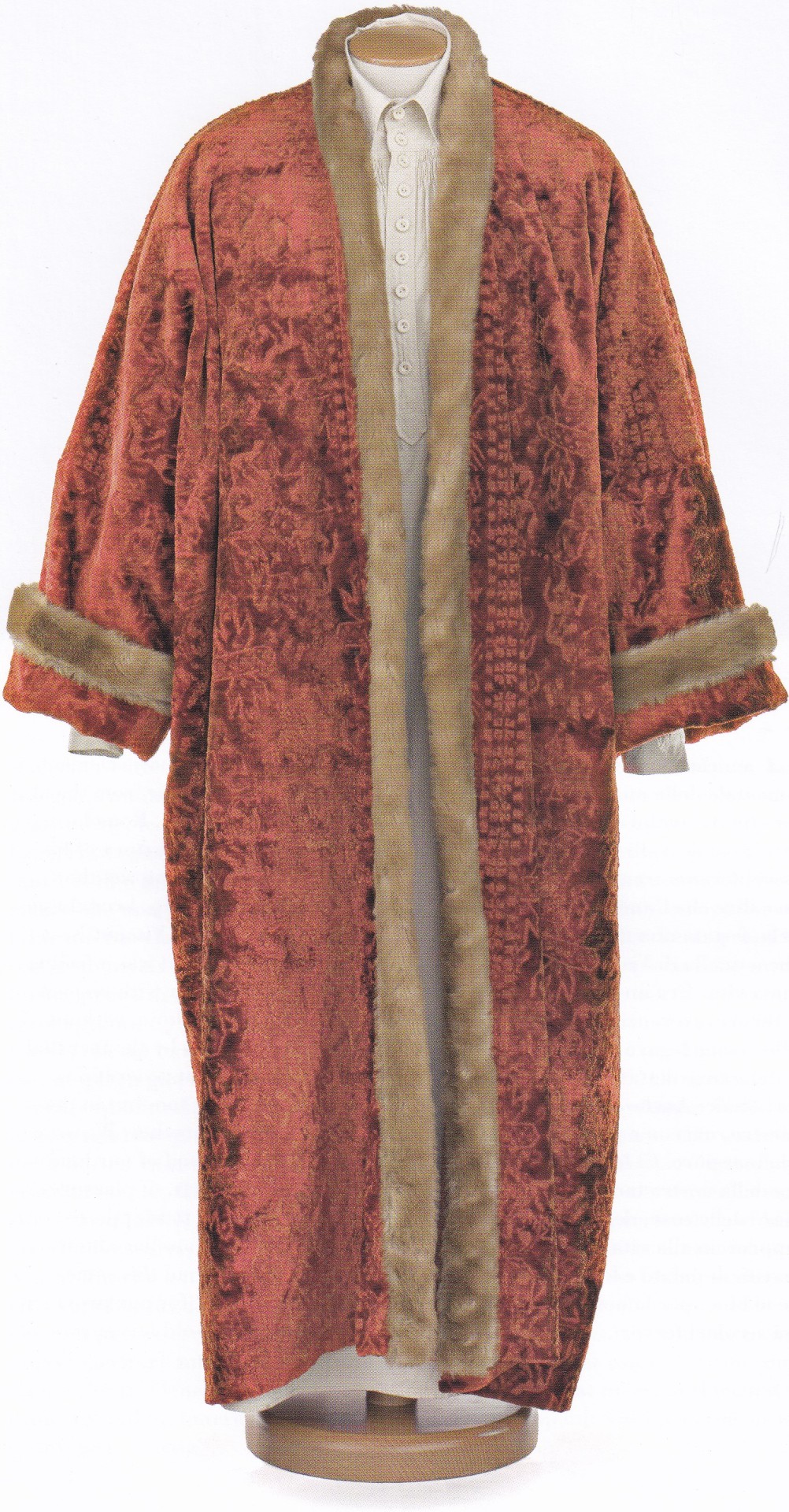
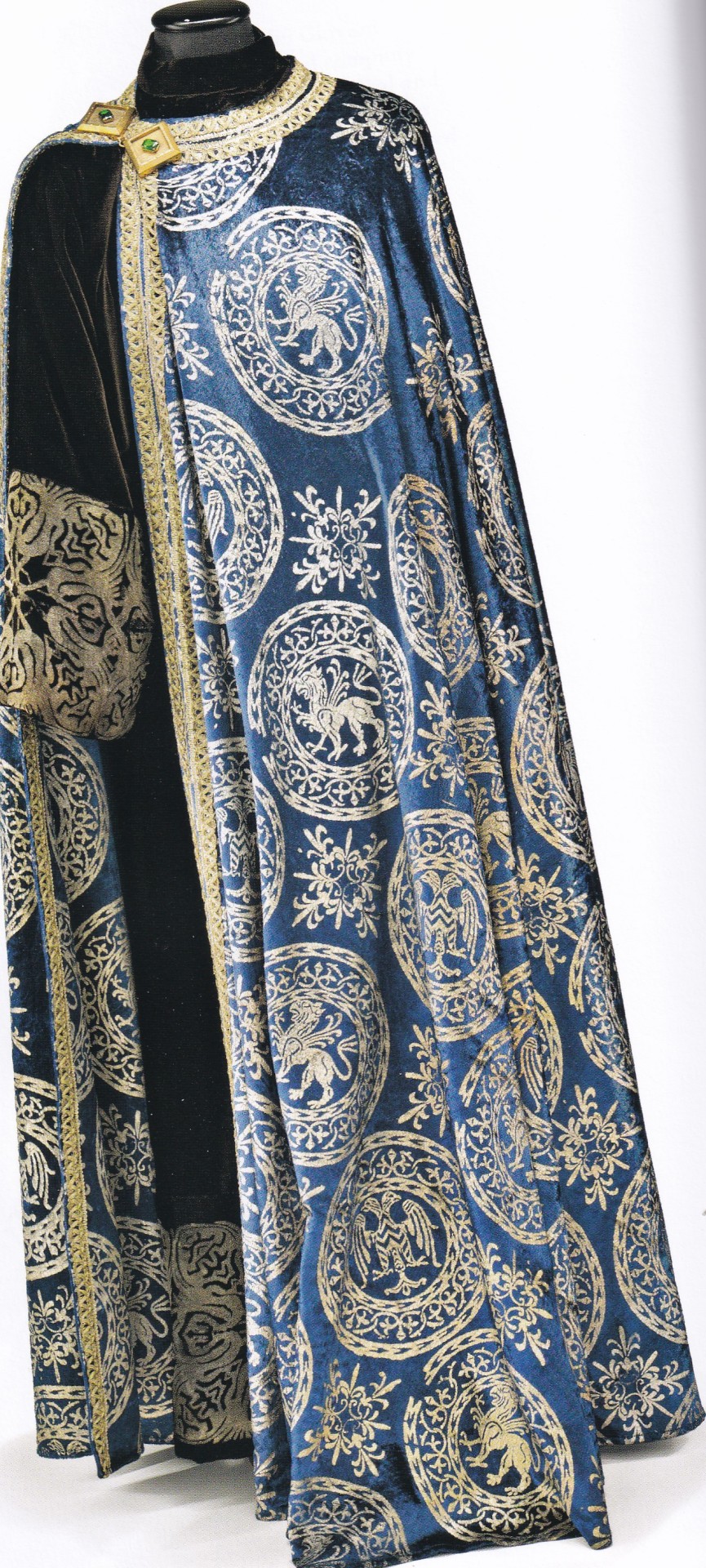


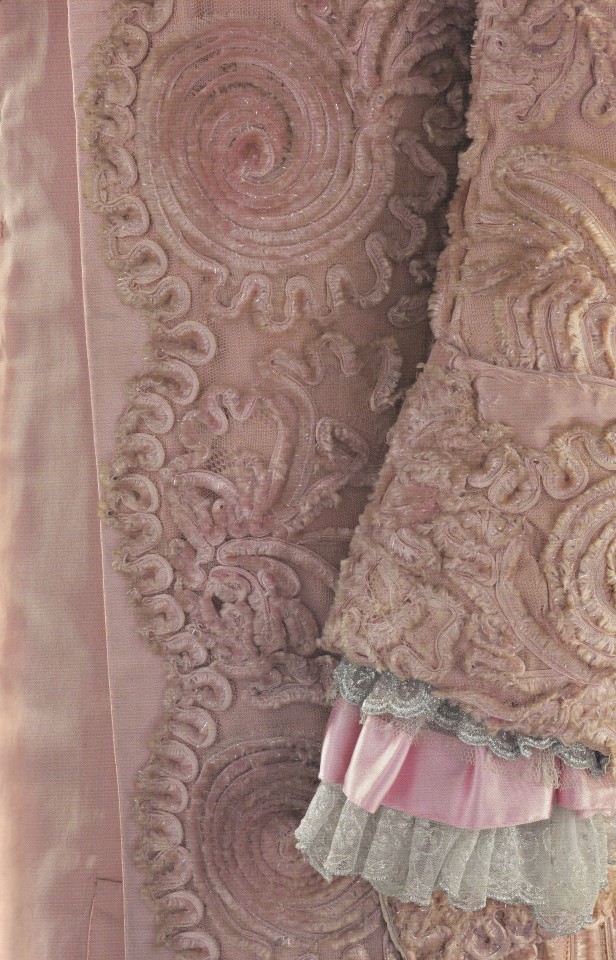
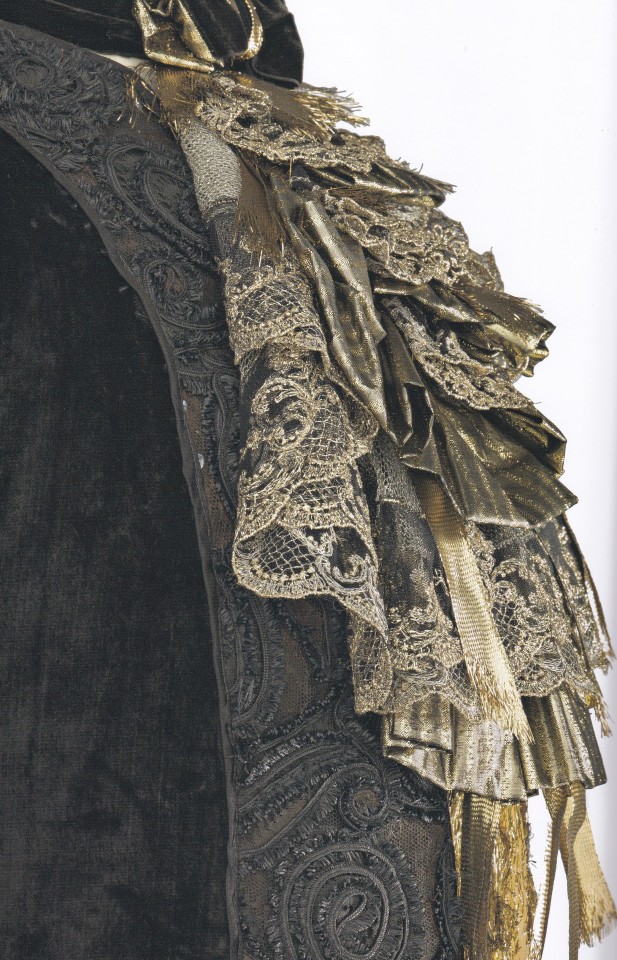

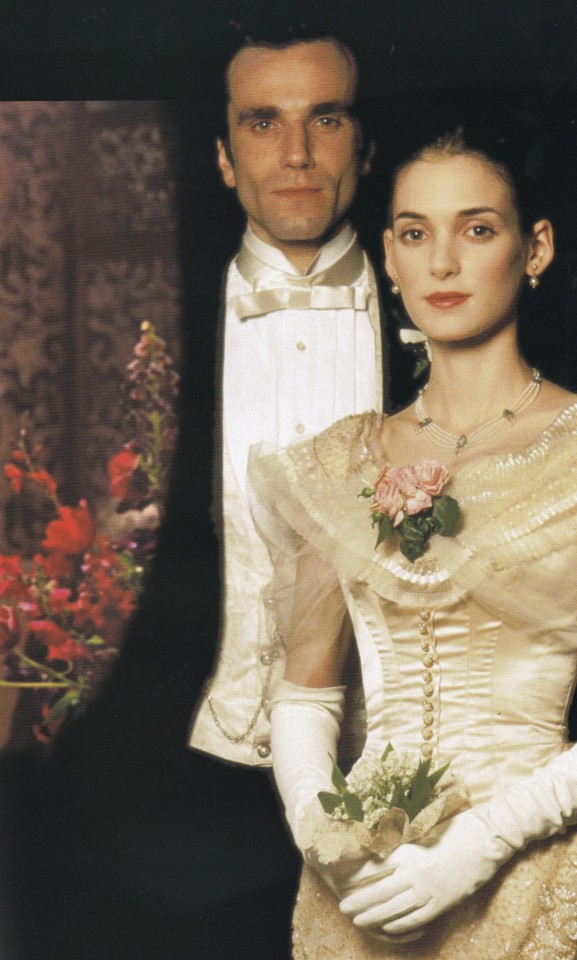

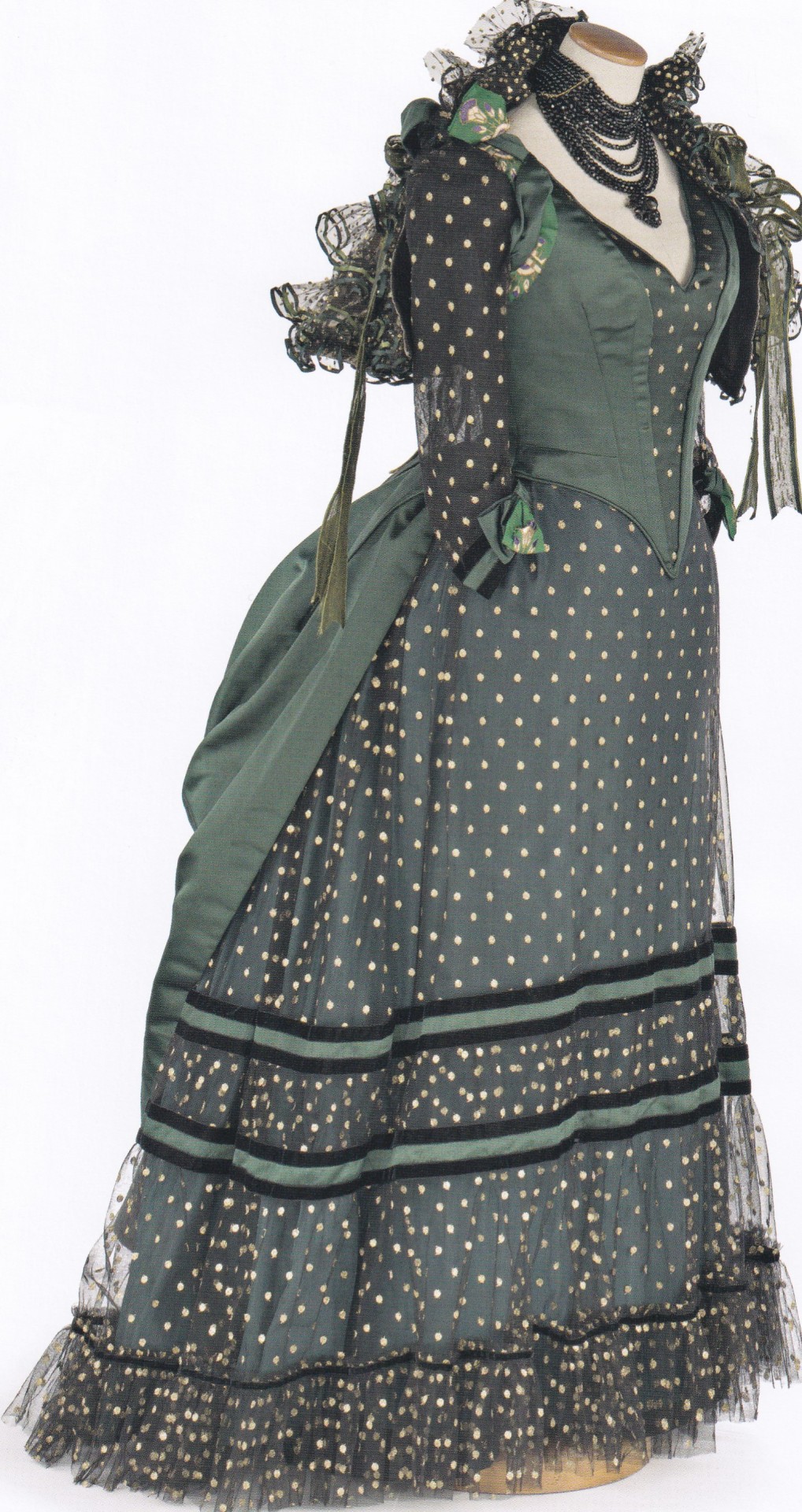


Umberto Tirelli Ritorno a Gualtieri
a cura di Gabriella Pescucci
Corsiero Editore, Reggio Emilia, seconda edizione 2019, 136 pagine, 21x30,5cm, ISBN 978-88-98420-94-0
euro 35,00
email if you want to buy [email protected]
Catalogo dell’omonima mostra, curata dalla costumista premio Oscar Gabriella Pescucci, a Palazzo Bentivoglio di Gualtieri (Reggio Emilia) con oltre una trentina di costumi realizzati dalla Sartoria Tirelli per spettacoli teatrali e film.
Questa mostra segna il ritorno simbolico di Umberto Tirelli al suo paese d’origine, ma ne attraversa nel contempo l’intera carriera, attraverso le sue stesse parole che descrivono l’amicizia con Romolo Valli e Gian Luigi Pizzi, con Luchino Visconti e Danilo Donati, con Piero Tosi e Federico Fellini. La storia della Sartoria Tirelli non si esaurisce però con la figura di Umberto Tirelli: la sua eredità di valori e di dedizione al lavoro continua tuttora, attraverso la collaborazione con i maggiori costumisti del panorama internazionale.
Nel catalogo sono presenti i costumi di Milena Canonero, Massimo Cantini Parrini, Danilo Donati, Alessandro Lai, Gitt Magrini, Maurizio Millenotti, Ursula Patzak, Gabriella Pescucci, Pier Luigi Pizzi, Carlo Poggioli, Ann Roth, Piero Tosi e Mariano Tufano, realizzati per i film e gli spettacoli teatrali di Sofia Coppola, Fanny Ardant, Matteo Garrone, Federico Fellini, Ferzan Ozpetek, Bernardo Bertolucci, Paolo Virzì, Anthony Minghella, Martin Scorsese, Luchino Visconti, Giorgio Diritti, Carlo Hintermann, Mauro Bolognini e Giorgio De Lullo.
14/03/24
#Umberto Tirelli#Ritorno a Gualtieri#exhibition catalogue#Palazzo Bentivoglio Gualtieri 2018#SartoriaTirelli#theatrical & movie costumes#fashionbooksmilano
11 notes
·
View notes
Text

Ricordatemi come vi pare. Non ho mai pensato di mostrarmi diversa da come sono per compiacere qualcuno. Anche a quelli che mi odiano credo di essere stata utile, per autodefinirsi. Me ne andrò piena di ricordi. Mi ritengo molto fortunata. Ho incontrato un sacco di persone meravigliose. Non è vero che il mondo è brutto; dipende da quale mondo ti fai. Quando avevo vent’anni ci chiedevamo se saremmo morti democristiani. Non importa se non avrò più molto tempo: l’importante per me ora è non morire fascista».
Queste le parole nell’ultima intervista di Michela Murgia.
Definire Michela Murgia non è semplice: da scrittrice a presentatrice, da speaker radiofonica ad attrice. In ogni ruolo in cui si applica riesce sempre a contraddistinguersi con la sua grande passione e forza che porta in ogni sua opera.
Michela Murgia nasce a Cabras, in Sardegna, il 3 giugno 1972 e la sua terra natia sarà sempre fonte di orgoglio e di costante presenza in tutte le sue opere, da quelle letterarie a quelle per il teatro. Prima di diventare scrittrice ha sperimentato una grande quantità di altre professioni e in questi lavori ha potuto conoscere persone e storie sempre diverse che sono state fonte di ispirazione per le sue narrazioni. Ed è proprio durante una di queste esperienze lavorative che avvia la sua carriera da scrittrice: stava infatti lavorando in un call center quando si rende conto che deve far sapere a tutti le condizioni e la realtà quotidiana che vivono gli operatori telefonici. Decide quindi di aprire un blog dove descrive e racconta tutto questo, dagli articoli di quel blog nascerà il suo primo libro Il mondo deve sapere, che verrà pubblicato nel 2006. Il libro diventerà un vero cult e un regista come Paolo Virzì lo prenderà come modello e ispirazione per produrre la sceneggiatura del proprio film Tutta la vita davanti.
Il primo romanzo che decreterà il successo di Michela Murgia è l’Accabadora che uscirà nel 2009 per Einaudi. Un libro molto forte che narra la storia di una professione antica, quella di colei che aiuta le anime ad andare nell’Aldilà. Si tratta di un romanzo ambientato in Sardegna e che riceverà molti premi, tra i quali il Premio Campiello nel 2010.
Il suo forte legame con la Sardegna è sancito anche dalla fondazione con altre persone della rete di librai, bibliotecari e associazioni culturali del territorio sardo dal nome Lìberos, con i quali mirano a sostenere le realtà legate al mondo della cultura e della lettura in Sardegna.
Negli anni Michela Murgia collabora con molte riviste e testate giornalistiche, con le quali porta avanti una lotta contro il maschilismo per ristabilire il valore della donna.
Lo fa anche attraverso un importante podcast ideato e condotto con Chiara Tagliaferri dal titolo Morgana.
Il successo del podcast è così forte che verranno realizzate varie stagioni e soprattutto dal podcast nasceranno ben due volumi in cui sono raccolte le storie delle donne che vengono raccontate: Morgana. Storie di ragazze che tua madre non approverebbe (2019) e Morgana. L'uomo ricco sono io (2021).
Tra le sue celebri storie troviamo anche un volume illustrato: Noi siamo tempesta (2019), che nello stesso anno vince il premio Morante e la menzione speciale della giuria del premio Andersen.
Non si tiene fuori dalla politica, infatti, oltre a candidarsi in Sardegna esordisce con un pamphlet politico dal titolo Istruzioni per diventare fascisti, che ebbe un grande riscontro di pubblico al punto da essere tradotto in cinque lingue.
Dopo alcune esperienze come drammaturga teatrale, con discreto successo, dal 2018 è lei stessa a calcare le assi del palcoscenico portando a teatro sia Istruzioni per diventare fascisti sia Dove sono le donne, un monologo sulla parità di genere molto apprezzato.
Su questo tema nel 2021 esce il saggio Stai Zitta, e altre nove frasi che non vogliamo sentire più, dove indaga alcune delle espressioni maschiliste utilizzate nei confronti delle donne.
L’autrice si spegne a Roma il 10 agosto 2023.
3 notes
·
View notes
Text

Dove stiamo andando? - Stiamo cercando un po' di felicità. - Ma sei scema? E dove si trova la felicità? - Nei posti belli, nelle tovaglie di fiandra, nei vini buoni, nelle persone gentili.
Where are we going? - We're looking for some happiness. - But are you stupid? And where is happiness? - In beautiful places, in Flanders tablecloths, in good wines, in kind people.
- La pazza gioia, Paolo Virzì, 2016
4 notes
·
View notes
